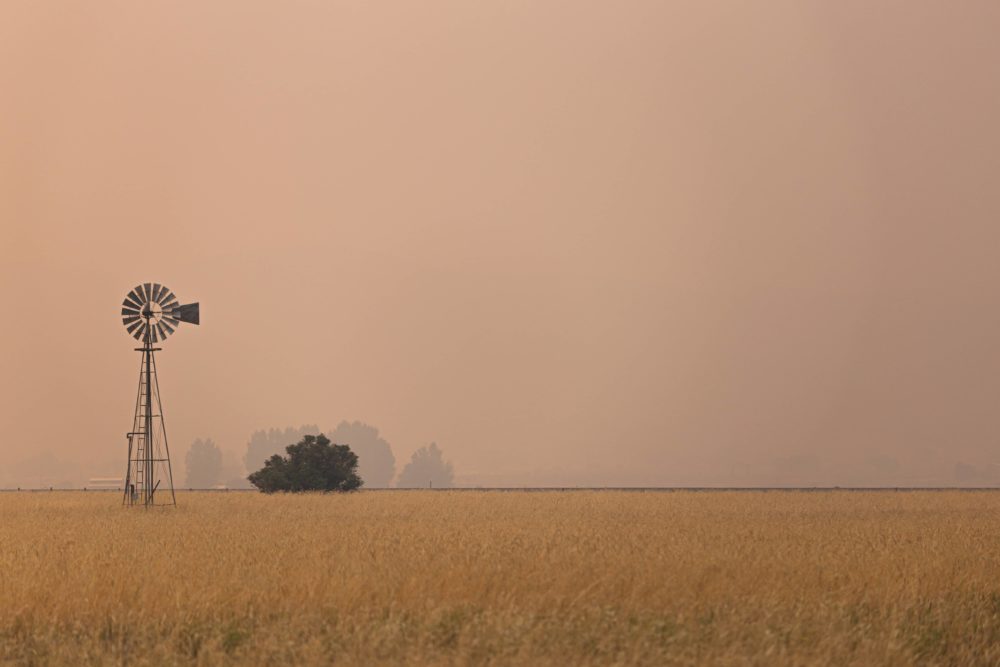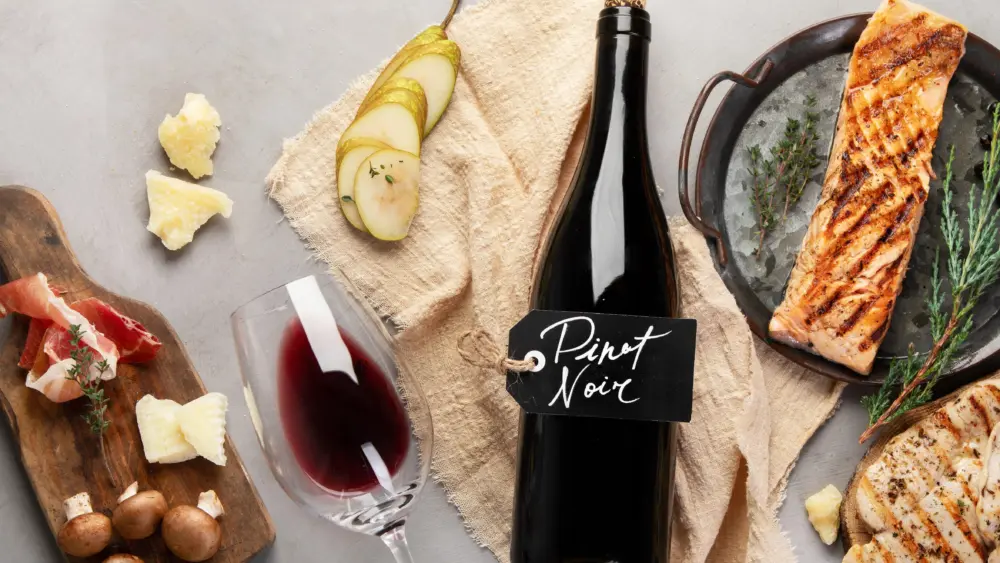
To say that the wine industry is facing a host of challenges doesn’t seem to quite do the current situation justice. Beyond struggling with the same issues the entire planet faces—pandemic, changing climate, economic fragility and a general underlying unnamed tension—those producing wine also confront a growing chorus of voices that worry about a host of other issues. Among them are the negative health impacts of consuming alcohol, a debilitating labor shortage, an ongoing and misguided wine-tax war with China and Europe, the looming threat of another year full of smoke taint from wildfires and changing demographics that appear unfavorable to any hoped-for expansion of wine consumption. The culmination is that for those in the business prone to panic attacks and even mild motion sickness, the recent past and predicted future are gut-churning with even the most stoic of the bunch feeling queasy.
But you know all that. What you might not know is that a lot of folks out there are experimenting with non-traditional “wine-ish” products that might provide an alternative for both producers and imbibers alike.
Piquette is a beverage made by adding water to pomace (the squeezed-out grape skins, seeds and stems left after a wine has been pressed off) and then allowing the remaining sugars to ferment before being pressed again, producing a low-alcohol beverage that has a touch of fizz and often a sharp hint of acetic acid (vinegar). This might not sound like a great idea to many who have grown up on thick, sweet, highly alcoholic wines of recent years, but for the younger generation who are exceptionally health-conscious and have grown up favoring kimchi over Coca-Cola, this new and rustic alternative is likely to gain favor.
The market for grape-essence-infused products is ripe for the picking. Hard Seltzer—basically flavored carbonated water dosed with a splash of ethanol and flavoring—has been growing exponentially, with a volume in the United States hitting more than 80 million cases in 2019 and expected to more than triple to nearly 300 million cases by 2023. Most of this growth is being driven—again—by younger generations who seem drawn to the low-calorie aspect of these beverages. These beverages are also non-pretentious and can easily be stored in aluminum cans for easy transport. Those in the wine biz have mostly seen this trend as unrelated to their core businesses, but that is changing. Adding a few drops of cabernet flavor essence into a high-pressurized, big-bubbled concoction may make sense to those looking to gain access to a new breed of consumer.
Frizzante anyone? Related to the above, Frizzante is a lightly carbonated red or white wine often served with midday meals in the rural areas of Italy. These lively wines can be wonderful accompaniments for nearly any food—from a prosciutto and melon salad to more hearty fare of pasta puttanesca, barbecued ribs and fried chicken. Perhaps not as straightforward to make as a simple wine-inspired hard seltzer, these wines provide another alternative within a nimble wine producer’s survival toolkit.
Winegrowers exploring ways to provide the grapes wineries need at a price they can afford might consider replanting and/or modifying their farming methods. It does no good to farm at a level that prices wine producers out, or increases debt during these uncertain times. This is the time to redouble frugal, cost-conscious efforts that might include removal of vineyards that are too costly and have no contract in place. Or as my grandfather used to say, “Fallowed fields eventually find new purpose.”
As I write this from Calistoga, the hum of Cal Fire generators drones on from their nearby basecamp as they struggle to gain control of the LNU Complex of fires that have struck the region, ignited by lightning strikes a week earlier. Driving by the sprawling camp set up at the local fairgrounds that housed hundreds of first responders and their accompanying support, I was surprised to see that a series of small booths had sprung up in recent days, each of them selling a collection of memorabilia touting sayings such as: “We fought and survived the LNU Fire Complex” and “You thought it was hot where you lived.”
As you read this, I am certain the LNU fires will have been extinguished, and we’ll have moved on to the next immediate concern. As a region, we will survive, meeting the challenges with the steady farming ethos that has come to define us. Part of that ethos is stoic resolve, but part is innovation and a willingness to loosen our grip on past practices and embrace what comes next with opened minds.

Presently, Tim Carl lives, writes and teaches in Calistoga. He grew up in St. Helena and traces his California grape-growing roots back five generations. You can reach him at tcarl@northbaybiz.com.
Author
-

Tim Carl lives, writes and teaches in Calistoga. He grew up in St. Helena and traces his Calistoga grape-growing roots back five generations. You can reach him at tcarl@northbaybiz.com.
View all posts



